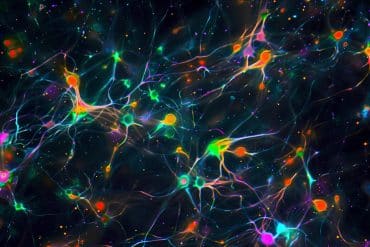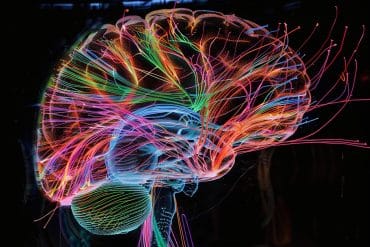Nearly the entire genetic landscape of the most common form of brain tumor can be explained by abnormalities in just five genes, an international team of researchers led by Yale School of Medicine scientists report online in the Jan. 24 edition of the journal Science. Knowledge of the genomic profile of the tumors and their location in the brain make it possible for the first time to develop personalized medical therapies for meningiomas, which currently are only managed surgically.
Meningioma tumors affect about 170,000 patients in the United States. They are usually benign but can turn malignant in about 10 percent of cases. Even non-cancerous tumors can require surgery if they affect the surrounding brain tissue and disrupt neurological functions.
Approximately half of the tumors have already been linked to a mutation or deletion of a gene called neurofibromin 2, or NF2. The origins of the rest of the meningiomas had remained a mystery.
The Yale team conducted genomic analyses of 300 meningiomas and found four new genetic suspects, each of which yields clues to the origins and treatment of the condition. Tumors mutated with each of these genes tend to be located in different areas of the brain, which can indicate how likely they are to become malignant.

“Combining knowledge of these mutations with the location of tumor growth has direct clinical relevance and opens the door for personalized therapies,” said Dr. Murat Gunel, the Nixdorff-German Professor of Neurosurgery, professor of genetics and of neurobiology, and senior author of the study. Gunel is also a member of Yale Cancer Center’s Genetics and Genomics Research Program.
For instance, two of the mutations identified, SMO and AKT1, have been linked to various cancers. SMO mutations had previously been found in basal cell carcinoma and are the target of an already approved drug for that form of skin cancer. Another, KLF4, activates a suite of genes and is known for its role in inducing stem cell formation, even in cells that have fully differentiated into a specific tissue type. Mutations in a TRAF7, a gene not previously associated with cancer, were found in approximately one-fourth of tumors. Meningiomas with these mutations are found in the skull base and are unlikely to become cancerous. In contrast, NF2 mutant tumors that flank the brain’s hemispheres are more likely to progress to malignancy, especially in males.
Doctors may be able to use targeted chemotherapy on patients with non-NF2 mutations, especially those with recurrent or invasive meningiomas and those who are surgically at high risk. Individualized chemotherapies could also spare patients irradiation treatment, a risk factor for progression of these generally benign tumors. Gunel said it may also be possible to extend these approaches to more malignant tumors.
Notes about this brain cancer research article
Funding for the study was provided by Gregory M. Kiez and Mehmet Kutman Foundation.
Written by Bill Hathaway
Contact: Bill Hathaway – Yale University
Source: Yale University press release
Image Source: The image is adapted from the press release image from Yale University.
Original Research: Abstract for “Genomic Analysis of Non-NF2 Meningiomas Reveals Mutations in TRAF7, KLF4, AKT1, and SMO” by Victoria E. Clark, E. Zeynep Erson-Omay, Akdes Serin, Jun Yin, Justin Cotney, Koray Özduman, Timuçin Avşar, Jie Li, Phillip B. Murray, Octavian Henegariu, Saliha Yilmaz, Jennifer Moliterno Güne, Geneive Carrión-Grant, Baran Yılmaz, Conor Grady, Bahattin Tanrıkulu, Mehmet Bakırcıoğlu, Hande Kaymakçalan, Ahmet Okay Caglayan, Leman Sencar, Emre Ceyhun, A. Fatih Atik, Yaşar Bayri, Hanwen Bai, Luis E. Kolb, Ryan Hebert, S. Bulent Omay, Ketu Mishra-Gorur, Murim Choi, John D. Overton, Eric C. Holland, Shrikant Mane, Matthew W. State, Kaya Bilgüvar, Joachim M. Baehring, Philip H. Gutin, Joseph M. Piepmeier, Alexander Vortmeyer, Cameron W. Brennan, M. Necmettin Pamir, Türker Kılıç, Richard P. Lifton, James P. Noonan, Katsuhito Yasuno and Murat Günel in Science. Published online January 24 2013 doi:10.1126/science.1233009







